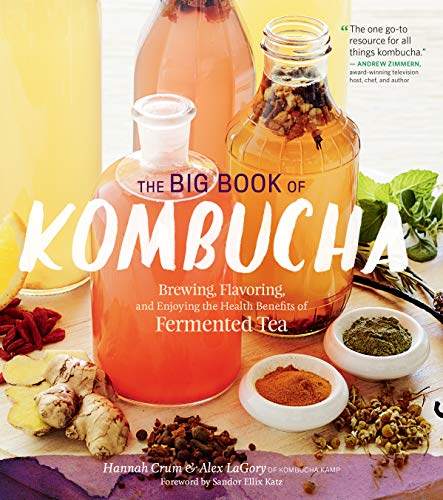strange-steve
Quantum Brewer
- Joined
- Apr 8, 2014
- Messages
- 6,027
- Reaction score
- 5,805
Steve,
The Rainwater used 0.2ml to turn slight pink = 223ppm? - Could I blend this with tap water?
The dehumidifier condensate used 0.8ml to turn slight pink = 257ppm?
Just not sure why the resultant CACO3 ppm shows an increase when it turns pink with less indicator used?
Which R/O unit did you get?
I'm pretty sure you're reading it backwards. The reading in ml is not how much you've used, it's how much is left in the syringe. So if you used 0.2ml then there is 0.8ml left which gives 2.8dKH or 50ppm.








































